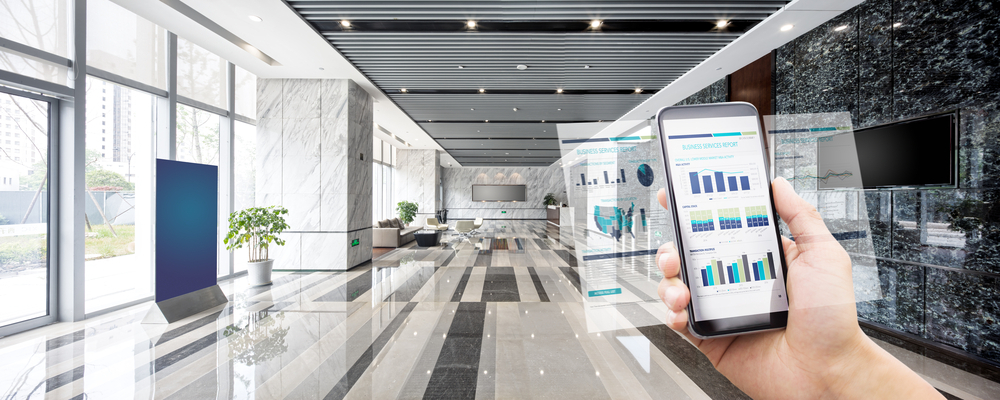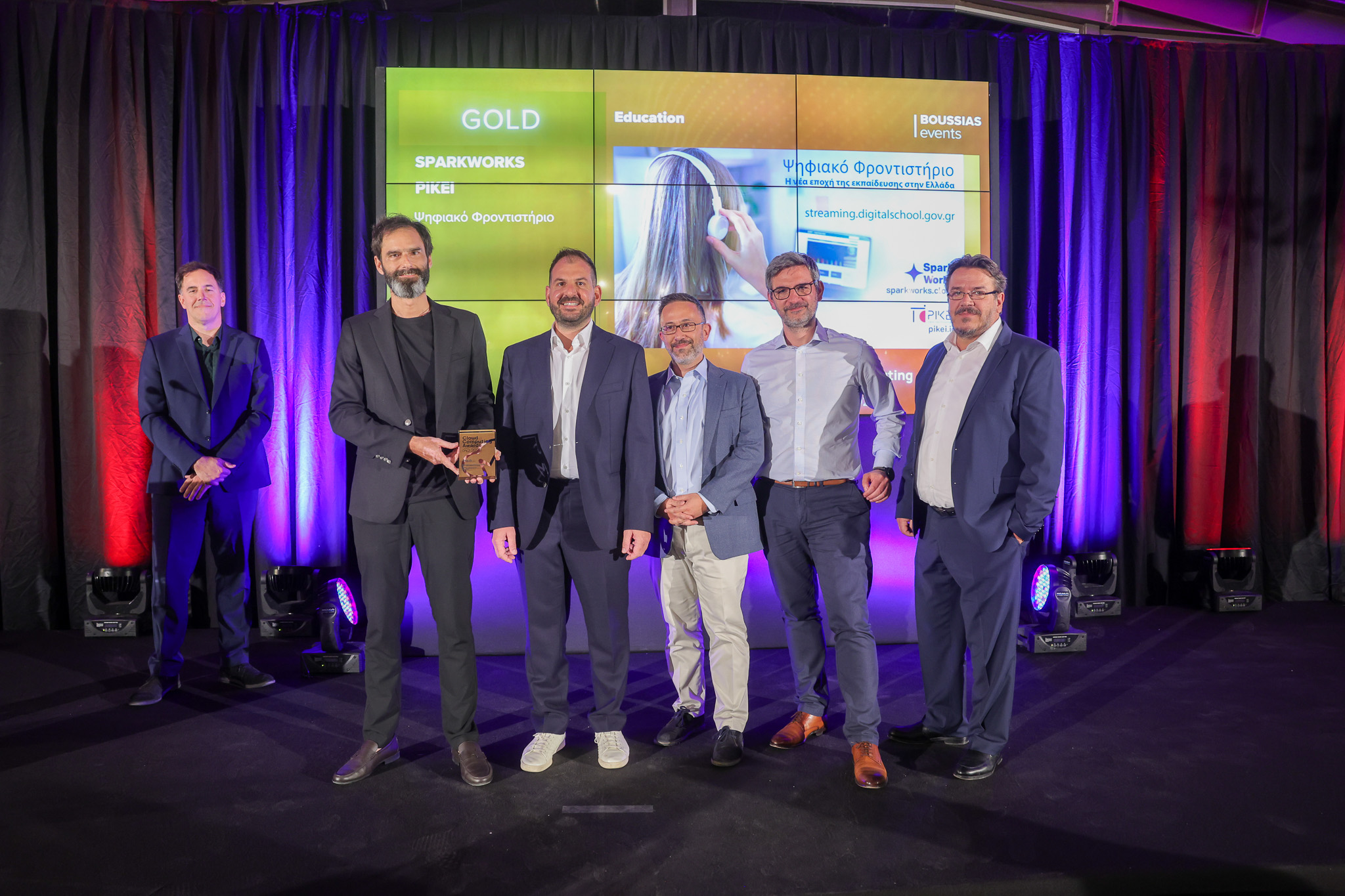For businesses, there are considerable strategic advantages to working in a smart building, including better business performance, improved workforce wellbeing and a better working experience for their employees.
Today there are more agile and dynamic work methods and models that foster collaboration and knowledge sharing. This has also changed the way in which office spaces are designed, organised and distributed. The modern workforce is becoming increasingly agile, and open-plan offices are rising in popularity. For most companies, buildings need to provide more than the traditional lease – they need to help them attract the best talent, support business aims and energises and inspire their staff.
A vast number of processes are automated and controlled in smart buildings: lighting systems, heating, communications or multimedia systems, to name but a few. Behind these systems are the Internet of Things (IoT), big data and intelligent Building Management Systems. Objects connected to the internet (from light bulbs to coffee machines, to office chairs that analyse posture) facilitate work and improve the quality of the employee experience. They also enable activity data to be collected and data on how the workplace functions. Once analysed, this information enables companies to further optimise the work environment.
Investment in smart building systems has grown considerably over the last few years. According to Gartner, 47% of businesses are planning to increase their investments in the Internet of Things (IoT), leading to something of a digital revolution. Moving away from short-term, knee-jerk change, these organisations are seeking to embed digitalisation from the inside out, using smart technology to optimise everything from occupancy to energy use, improving sustainability and wellbeing and ultimately reducing costs.
Smarten up your building with sensors
Your employees are your most precious asset. Utilise our Smart Living Solution to ensure a smart and healthy environment and analyse the way spaces are used. By turning your building into a smart space you will ensure your people are happy and engaged in their work environment. Smart technology is here to stay, and organisations need to embrace and embed this throughout their buildings if they are to stay relevant. Digital transformation is set to reshape the buildings industry forever, turning our buildings into sentient spaces which we can continuously and responsively adapt with data-driven decision making.




